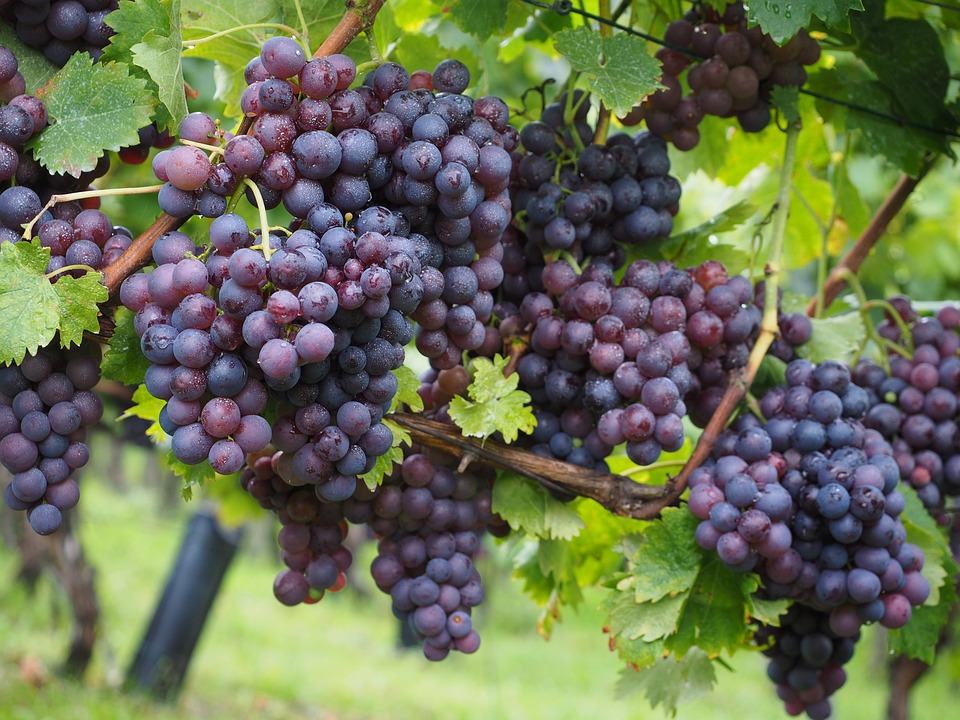How Kuila ni Viti Unites Communities and Strengthens Fijian Identity

How Kuila ni Viti Unites Communities
Kuila ni Viti, which translates to “Fijian culture” in English, plays a crucial role in uniting communities across the islands of Fiji. This traditional practice encompasses various aspects of Fijian identity, including language, music, dance, art, and customs. Through the celebration of Kuila ni Viti, people come together to honor and preserve their cultural heritage, fostering a sense of belonging and unity among community members.
One of the main ways in which Kuila ni Viti unites communities is through communal gatherings and events. These events often include performances of traditional Fijian music and dance, as well as the showcasing of traditional crafts and artwork. By coming together to celebrate their shared cultural heritage, community members are able to strengthen their bonds with one another and forge new connections with people from different backgrounds.
Kuila ni Viti also provides a platform for the transmission of cultural knowledge and practices from one generation to the next. Elders play a crucial role in passing down traditional songs, dances, and stories to younger community members, ensuring that these cultural traditions are preserved and celebrated for years to come. In this way, Kuila ni Viti serves as a way to connect younger generations with their roots and instill a sense of pride in their cultural heritage.
Furthermore, Kuila ni Viti fosters a spirit of collaboration and cooperation among community members. Through organizing cultural events and activities, individuals from different backgrounds are able to come together and work towards a common goal. This not only strengthens social bonds within the community but also promotes a sense of mutual respect and understanding among its members.
Strengthening Fijian Identity through Kuila ni Viti
Kuila ni Viti plays a crucial role in preserving and strengthening Fijian identity by celebrating and promoting the unique cultural practices and traditions of the islands. Through the preservation of traditional language, music, dance, and art, Kuila ni Viti helps to maintain a strong sense of cultural identity among the people of Fiji.
One of the ways in which Kuila ni Viti strengthens Fijian identity is by fostering a sense of pride and belonging among community members. By celebrating and honoring their cultural heritage, people are able to connect with their roots and take pride in the traditions and customs that have been passed down through generations. This sense of pride in one’s cultural identity helps to create a strong sense of solidarity and unity among Fijians.
Additionally, Kuila ni Viti serves as a reminder of the rich history and cultural diversity of the islands of Fiji. By showcasing traditional music, dance, and art forms, Kuila ni Viti helps to preserve and promote the unique cultural traditions that make Fiji such a diverse and vibrant place. This celebration of diversity helps to strengthen the bonds between different communities and fosters a sense of inclusivity and acceptance among all Fijians.
Furthermore, Kuila ni Viti helps to bridge the gap between the past and the present, ensuring that future generations are able to connect with their cultural heritage and traditions. By passing down traditional knowledge and practices to younger members of the community, Kuila ni Viti helps to ensure that the cultural identity of Fiji will continue to thrive for generations to come.
In conclusion, Kuila ni Viti plays a vital role in uniting communities and strengthening Fijian identity. Through celebrating and preserving traditional cultural practices and traditions, Kuila ni Viti helps to foster a sense of belonging, pride, and unity among community members. By passing down traditional knowledge and practices to future generations, Kuila ni Viti ensures that the cultural identity of Fiji will continue to thrive for years to come.